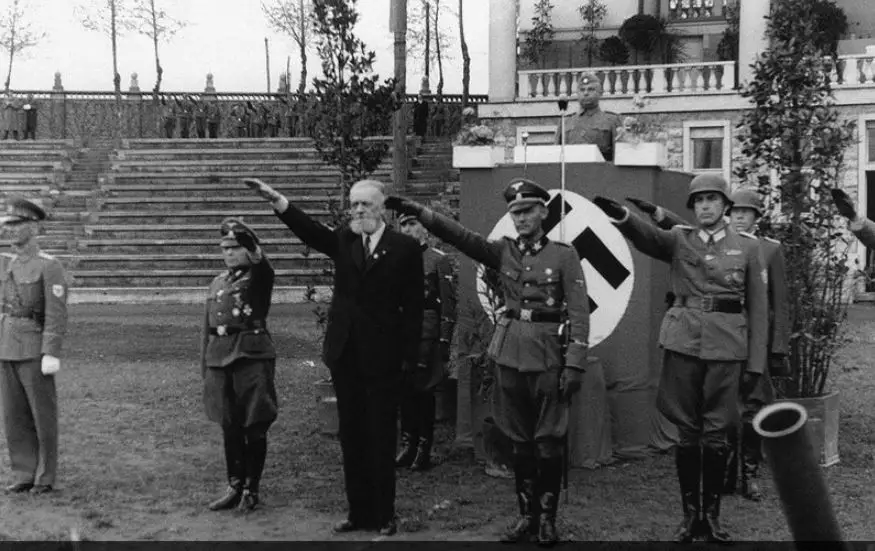The court had deliberated on several government decrees from the period between April and October 2020, annulling them but not eliminating them.
This means that residents will not be able to reopen the closed offence proceedings or get reimbursement for the fines already paid.
However, all on-going proceedings related to the violations of the decrees will be suspended and all those who have not paid fines yet will not have to pay them.
The proponents of the constitutional review of the communicable diseases act argued that the law gave the government too much freedom in deciding on restrictions.
The court nodded to this, saying that the law was indeed unconstitutional because it allowed the government to freely choose the ways, types, scope and duration of restrictions that strongly interfered with the freedom of movement of citizens.
It also allowed it to freely decide in which cases, for how long and in what area of the country people's public assembly will be banned to prevent the spread of the contagious disease.
Moreover, the law does not set any requirements for the government decision-making such as consulting and cooperating with experts and informing the public about the circumstances, which is important for deciding on the measures.
The court gave the National Assembly two months to remedy the situation. Until then the current government decrees remain in force to "protect the health and lives of the people that could be in jeopardy in the future without a legal basis", which could lead to an even more unconstitutional situation, the court says on its website.
The court made the decision in a five-to-three vote in mid May, and announced it today.
Saša Zagorc, a professor of constitutional law from the Ljubljana Faculty of Law, told the STA the law should now be immediately amended in cooperation between the government and the National Assembly, which would show they truly respect the law.
He acknowledged the legislation had been poorly written at a time when Slovenia did not have any experience with what is a once in a century epidemic, but noted it was difficult to understand why the legislation was not modernised in the past year.
According to Zagorc, the new law should clearly promote the principle of rule of law and include democratic mechanisms for the oversight of the government's actions given that the government "unfortunately failed the test" in this area.
In a brief initial reaction to the news, Prime Minister Janez Janša noted on Twitter that the law had been passed in 1995.
Interior Minister Aleš Hojs stressed that all decrees adopted based on these provisions of the law remained in place. "Legally speaking, we protected the citizens' health legally and legitimately."
Coalition parties said that they respected the decision and that two months was enough to amend the law, noting that the government has simply acted in accordance with valid legislation in promulgating the specific decrees.
"It had not been determined before that anything was wrong [with this act] or that it was unconstitutional. The government acted in accordance with it and adopted measures and decrees in line with the law," Democrat (SDS) deputy Alenka Jeraj said.
Opposition parties welcomed the court's decision as yet another proof that government actions were unlawful. They said the government should step down. "The government must be held accountable for this blunder," SAB president Alenka Bratušek said.
Human Rights Ombudsman Peter Svetina welcomed the decision saying it confirmed concerns that he had addressed to the government when the decrees were first adopted.






